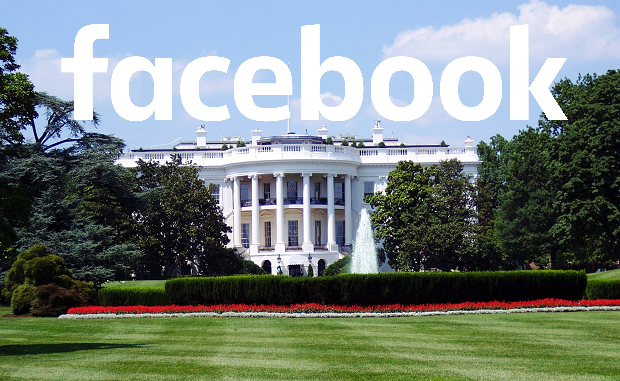
The policy change comes days after US presidential candidate Michael Bloomberg exploited a loophole to run humorous messages promoting his campaign on the accounts of popular Instagram personalities followed by millions of younger people.
The change involves what Facebook calls “branded content” — sponsored items posted by ordinary users who are typically paid by companies or organisations. Advertisers pay the influential users directly to post about their brand.
Facebook requires influencers and social media stars to indicate when they have been paid to post something on Facebook and Instagram.
But these “organic” or “native” advertisements, written in the influencer’s own voice, will not appear in the political ad library, even if a politician has paid for them.
Facebook makes no money from such posts and does not consider them advertising.
As a result, branded content is not governed by Facebook’s advertising policies, which require candidates and campaigns to verify their identity with a US ID or mailing address and disclose how much they spent running each ad.
Friday’s rule change will allow campaigns in the US to use this tool, provided they have been authorised by Facebook to run political ads and disclose who paid for the sponsored posts.
The Bloomberg campaign’s memes showed the 78-year-old candidate, in a tongue-in-cheek awkward fashion, chatting with popular social media influencers with names like Tank Sinatra, asking them to help him raise his profile among younger folk.
“Can you post a meme that lets everyone know I’m the cool candidate?” Mr Bloomberg wrote in one of the exchanges posted by an account with nearly 15 million followers on Instagram. The candidate then sent a photo of him wearing baggy chino shorts, an orange polo shirt and a zip-up waistcoat.
The account then replied: “Ooof that will cost like a billion dollars.” Mr Bloomberg responded by asking where to send the money.
